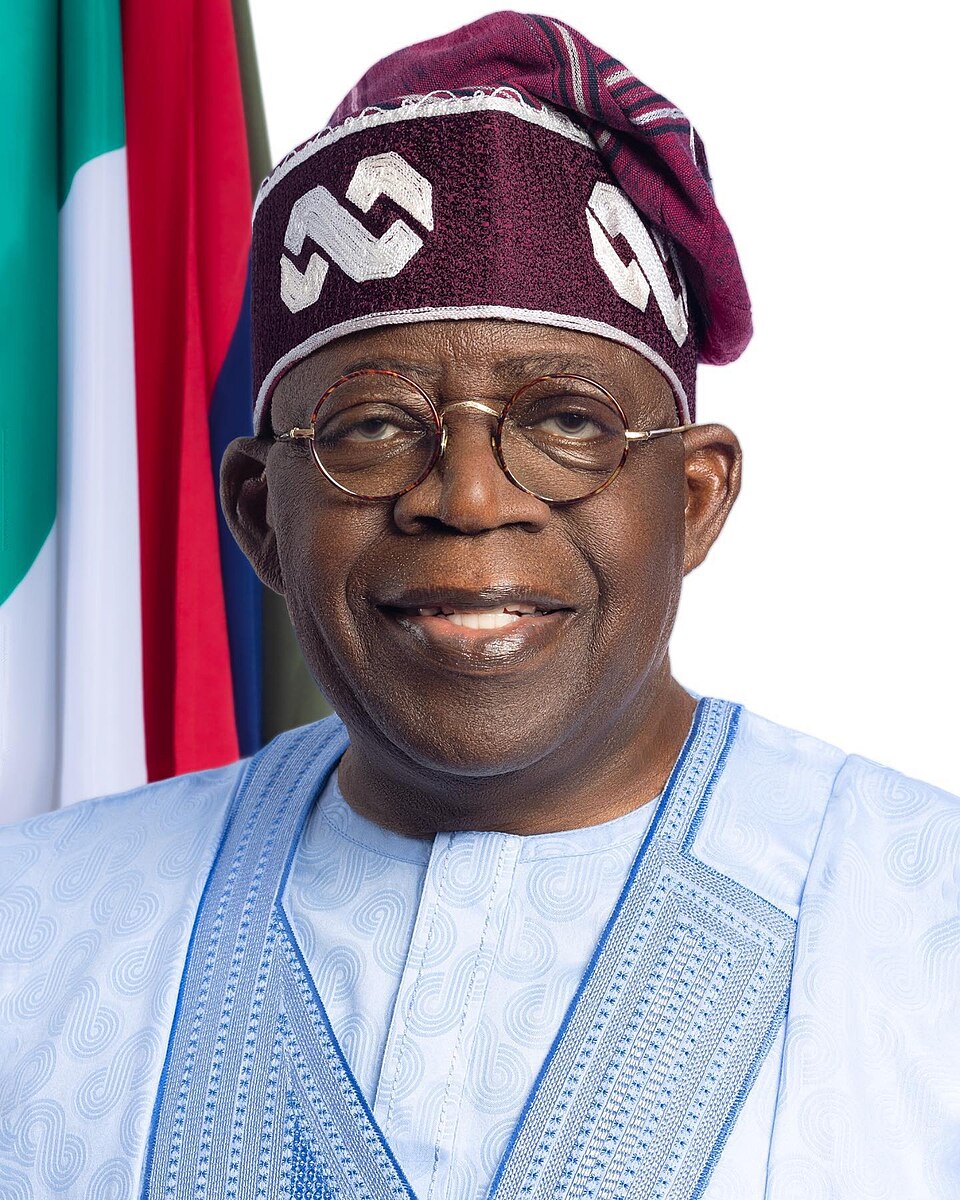Every September 15, the world marks the International Day of Democracy, a reminder that the will of the people remains the most legitimate foundation for governance. For Nigeria, where democracy has endured repeated tests since 1999, this day is more than symbolic; it is a call to evaluate whether our democratic journey is truly serving the economic aspirations of our citizens.
Democracy and economic growth are inseparable. Nations that uphold democratic principles tend to attract more investments, foster innovation, and provide citizens with opportunities to thrive. For Nigeria, the dividends of democracy must be seen not only in the ballot box but also in the marketplace, the workplace, and in the daily lives of millions struggling with poverty, unemployment, and inflation.
Unfortunately, the economic narrative has often been one of unfulfilled promises. Despite decades of democratic rule, Nigeria remains heavily dependent on oil revenues, leaving the economy vulnerable to external shocks. Poor infrastructure, inconsistent policies, and widespread corruption have weakened investor confidence. Most troubling is the fact that a majority of Nigerians do not feel that their voices translate into better living standards. Democracy, in its truest form, should empower the people by ensuring that resources are managed transparently and equitably.
Yet, there are reasons for cautious optimism. Nigeria’s democracy has enabled civil society, the media, and citizens to demand accountability in ways that were impossible under military regimes. The pressure for reforms in taxation, energy, and industrialisation are by-products of democratic space, however imperfect. The renewed push for diversification into agriculture, digital technology, and manufacturing also reflects awareness that inclusive economic growth cannot be divorced from inclusive governance.
Still, democracy must go beyond periodic elections. It must be rooted in institutions that protect property rights, enforce contracts, ensure fair competition, and shield the economy from arbitrary political interference. When democratic institutions are weak, the economy becomes a casualty; businesses suffer, investors withdraw, and citizens lose faith in the system.
As Nigeria joins the world in observing the International Day of Democracy, the challenge before us is clear: we must strengthen our democratic culture not only for political stability but also for economic transformation. This requires leaders who listen, policies that empower, and citizens who remain vigilant.
Nigeria’s future prosperity depends on a democracy that delivers, not just ballots, but bread. If democracy is to endure, it must prove itself in the economy, where jobs, industries, and opportunities are created for the millions who continue to hope that democratic governance will finally match its promises with tangible progress.





